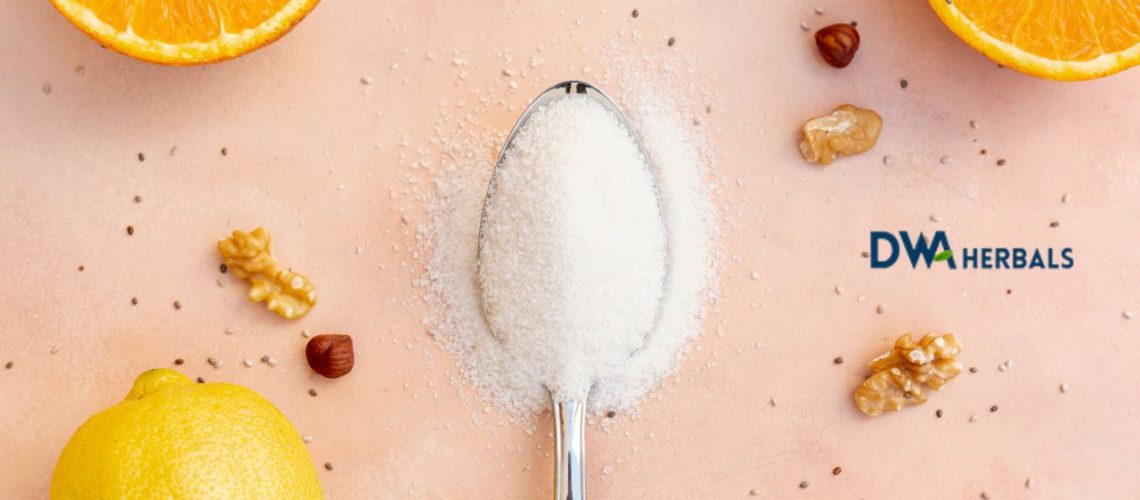
In the realm of culinary delights, sweetness holds a special place. From cakes to candies, sweet treats have woven themselves into the fabric of our lives. Yet, as we become increasingly health-conscious, the spotlight has shifted towards alternative sweeteners, particularly those derived from plants.
So, why exactly should we choose plant-based sweeteners over normal sugar?
You can also read https://posts.gle/Faa94k
In conclusion, the shift towards plant-based sweeteners represents not only a culinary evolution but also a step towards improved health and environmental sustainability. By choosing these alternatives over normal sugar, we not only satisfy our sweet tooth but also nourish our bodies and planet in a more responsible manner. So, the next time you reach for a sweetener, consider opting for a plant-based option and experience the sweetness of a healthier, more sustainable future.
Dr Sushil is a researcher and founder of D WA Herbals with objective of providing healthy longevity to society. His aim is to develop food and drink-based products by using the inherent qualities of traditional herbs by optimizing their effect through modern technology, making our products extremely user-friendly. The research is focused on various lifestyle issues such as anxiety, stress, metabolism, digestion, immunity and may more which impact the health and lifestyle.
© 2023 DWA HERBALS. All Rights Reserved. Designed by NXlogy